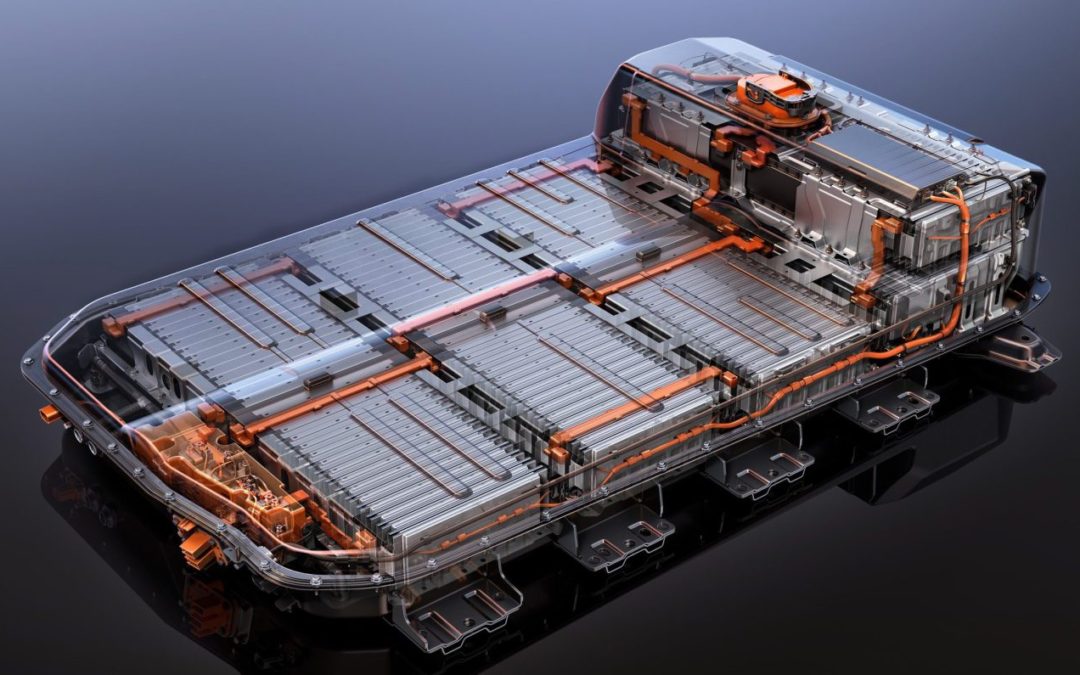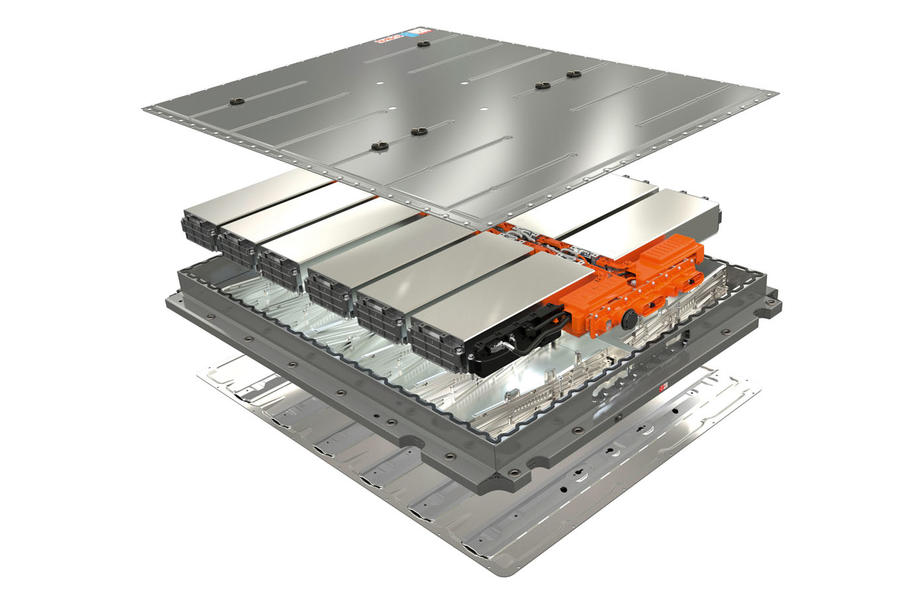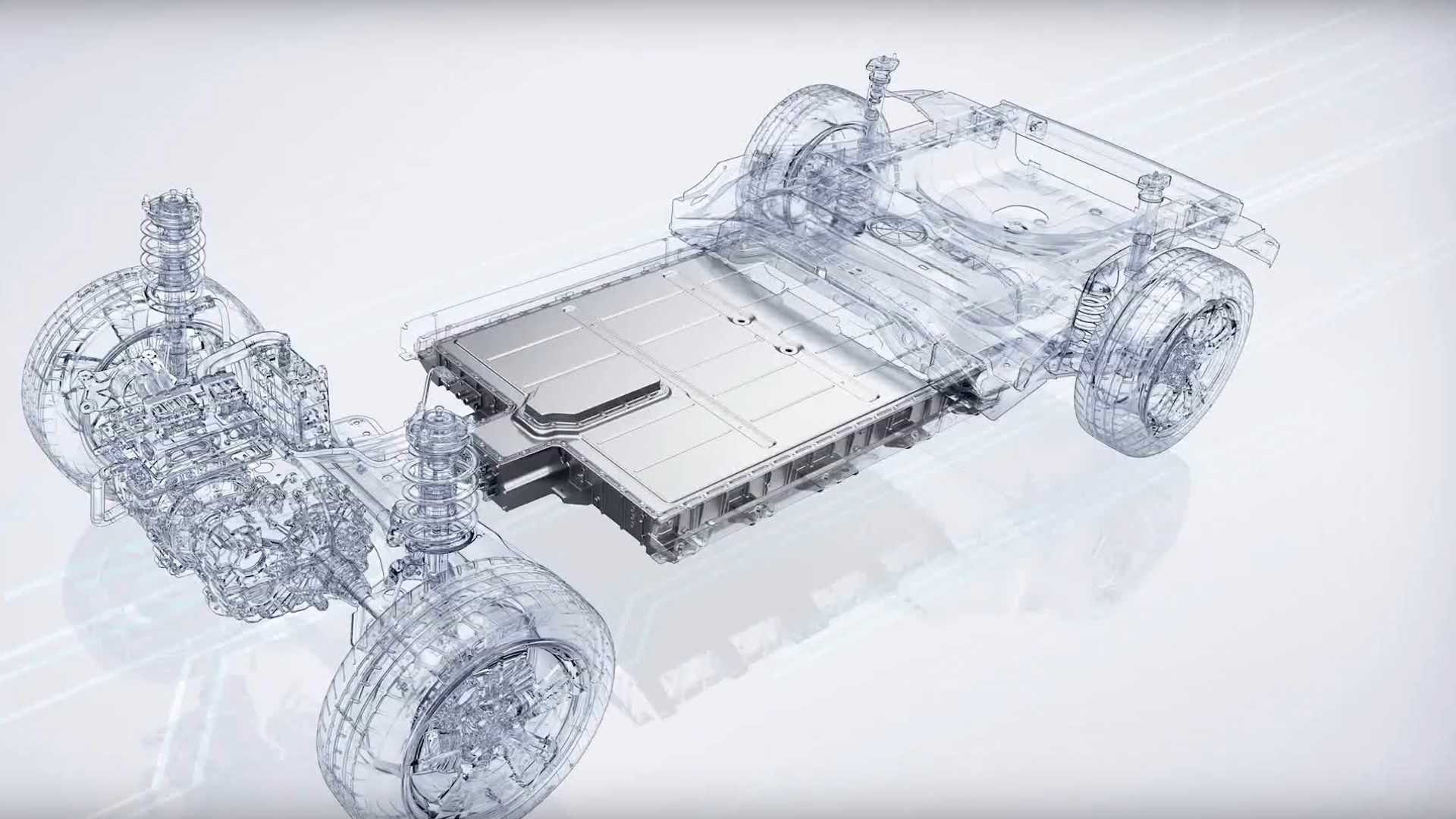Warranty and life of batteries of an EV
Batteries are basically devices that store chemical energy that is converted into electricity. The modern battery was invented in 1800 by the Italian physicist Alessandro Volta. This amazing invention has enabled advanced devices such as laptops, smartphones, satellites and even electric vehicles to power much of the modern world.
Consumers are often concerned about battery life when considering the purchase of an electric vehicle (EV). The idea of replacing the battery pack is especially daunting, given that the average cost ranges from Rs.3.70,000 to Rs.1.15,000 and does not take labor costs into account.
In this article, we will consider how the battery works and how it works optimally.
How long does an electric car battery last?
Electric vehicle batteries are designed to last a long time. However, electric vehicle batteries gradually begin to lose the amount of energy they can store over time. This phenomenon is known as “battery degradation” and can reduce energy capacity, range, performance, and overall efficiency.
Unfortunately, it’s not easy to predict battery deterioration. Not all brands offer the same level of performance, and each vehicle has a different way of driving, charging, and servicing. On the plus side, it’s not uncommon for modern EV batteries to last for more than a decade, and some go far beyond that before they need to be replaced. The average electric car owner will sell his car long before the battery has to be replaced. Warranty and life of batteries of an EV
It is important to note that in some scenario’s battery degradation is known to be exacerbated. If the EV battery is repeatedly driven near zero range and then periodically charged from low to full charge, if the EV battery is continuously charged at level 3, also known as DC Fast Charge (DCFC). As a result, some automakers are proposing to limit DCFC and not make it the primary source of charging. Warranty and life of batteries of an EV
Batteries do not work well, especially when the temperature is below 20 degrees Fahrenheit. It is very cold and using car heaters can temporarily reduce the range by up to 40%. To maintain the best performance of the battery pack, it is recommended to charge the EV in the range of 60% to 80%, minimize fast charging and avoid extreme temperatures for a long time.
1. Car Manufacturer’s Warranty | life of batteries of an EV
Most car manufacturers have a battery with a warranty of 8 to 10 years or 100,000 miles. This is because US federal regulations require that electric vehicle batteries be covered for at least eight years.
However, the terms of the warranty may vary. While some automakers cover electric vehicle battery packs only for complete failures, automakers such as Tesla, Nissan and Volkswagen have a certain percentage of capacity during the warranty period. We will respect the guarantee if it falls below the value (usually 60 to 70%). We recommend that you read the warranty details before purchasing a vehicle.
Electric Vehicles FAQ : The Answers to All Your EV Questions
2. Warranty Exclusions | life of batteries of an EV
Battery repairs can be expensive sometimes, so it is important to understand the exclusions and conditions that can impact the warranty of an EV battery.
Some of these exclusions might include, but these are not limited to:
- Use of non-standard charging
- Any damage caused by using or installing non-approved parts
- Using the battery as a stationary power source
- Any damage caused by opening the battery coolant reservoir
- Failing to install software or firmware updates
- Damages or failures caused by repairs performed by non-certified technicians
- Lifting the vehicle from underneath the battery instead of designated body lift points
- Failure to make repairs
- Using vehicle for towing and exceeding load limits
- General abuse or neglect
3. Hybrid Battery Warranties | life of batteries of an EV
Hybrid car batteries are similar to EV batteries; they are just simply smaller compared to a normal EV car battery. Since the gasoline engine, electric motor and battery work together in hybrids, if one is not performing optimally, it will impact the other. Warranty and life of batteries of an EV
Hybrid batteries typically last a vehicle’s lifetime, with modern vehicles routinely reaching 100,000 to 150,000 miles or much more. Therefore, automakers typically offer a guarantee of at least 80,000 miles. In most cases, you can expect to get more than twice this mileage without any problems. Some car makers like Hyundai even offer a lifetime warranty. As a result, as a hybrid owner, you probably don’t have to worry about battery replacement.
There is also a time factor in the life of the battery. Even if you don’t drive a car for long distances, battery life will be shortened. Hybrid batteries are designed with a service life of at least 10 years. Time-based warranty is the norm in today’s industry to handle unexpected failures. Most automakers offer a warranty of at least eight years, as the federal government has a federal obligation to cover the eight-year battery life of hybrid vehicles.
Don’t panic if you need to replace a non-warranted car battery. The cost of new battery packs continues to fall. Some technicians can also install approved used battery packs that have been recovered from a wrecked vehicle. This significantly reduces potential repair costs. Warranty and life of batteries of an EV
4. Electric Vehicle Battery Replacement Cost | life of batteries of an EV
As mentioned earlier, it may not be necessary to replace the electric vehicle battery at all. As battery life gets better and better in new cars, battery replacement is becoming less and less important. Warranty and life of batteries of an EV
However, if you are using an old electric car, you may need to replace the battery at some point.
5. Battery Failure | life of batteries of an EV
Defective battery is covered by warranty and must be repaired or replaced in a manufacturer-approved workshop. Requesting service from a third party that is not approved by the manufacturer will void your warranty and may result in poor finish. If the battery falls outside the warranty terms, your selected dealer and service center may repair or replace the battery. Battery repair/replacement costs can be divided into:
(1) the cost of the replacement battery itself and
(2) the cost of installation.
6. Replacement and installation costs | life of batteries of an EV
As the cost of the battery goes down, so does the cost of replacement. The main factor in battery cost is the cost per kilowatt-hour, which is the unit of energy stored in the battery. Roughly speaking, these costs vary from manufacturer to manufacturer, but are between Rs.7,000 and Rs.25,000 per kilowatt-hour. Warranty and life of batteries of an EV
7. EV Battery Second Life | life of batteries of an EV
After removing the old battery from the vehicle, it is usually in the second life. Despite the low storage capacity, the battery can still serve a useful purpose. Older batteries are used in applications that are not as energetic as driving a vehicle. For example, batteries can be used as fixed storage to support the power grid of local energy suppliers. Warranty and life of batteries of an EV





Trackbacks/Pingbacks